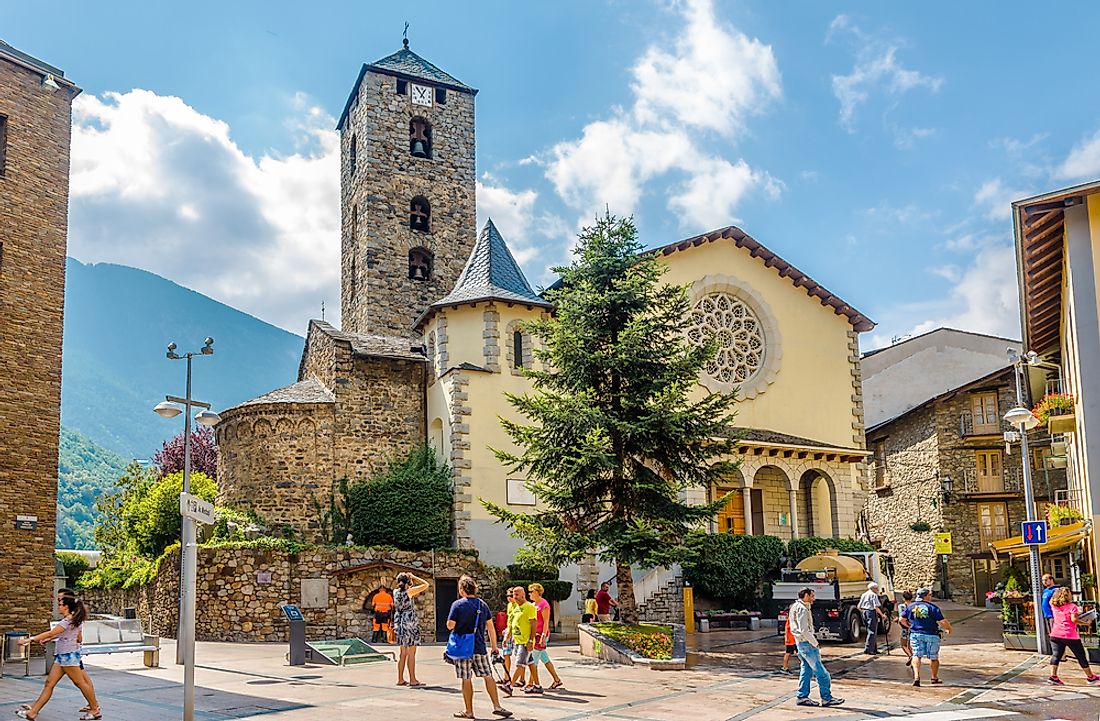Religious Beliefs in Andorra

Andorra is a sovereign microstate located on the Iberian Peninsula, with an area of only 468 square km and a population of about 77,281. Andorra is governed by a diarchy in which the President of France and Spain's Bishop of Urgell are both heads of state. Two-thirds of Andorra’s population are not nationals of the country and thus cannot participate in the elections. The Romance language of Catalan is the official language of Andorra.
Christianity is the religion of the majority in Andorra. In particular, Roman Catholics account for 88.2% of the country’s population. Other Christian sects also have adherents in the country. Small numbers of Muslims, Hindus, Bahá'ís, Jews, non-believers, and atheists account for the remaining population of Andorra. Most of Andorra’s Muslims are immigrants from North Africa.
Christianity Is the Most Popular Religion in Andorra
Although not an official state religion, Catholicism has a special position in the country that is acknowledged by Andorra’s constitution. Some special privileges are bestowed to the Catholic Church in the country. Other Christian denominations with adherents in Andorra include Protestants, Mormons, and the New Apostolic Church. Most of Andorra’s Christians are immigrants from European nations such as France, Spain, and Portugal. Estimates suggest that only about half of Andorra's Catholic population regularly attend church.
Religious Freedom and Tolerance in Andorra
Andorra’s constitution provides for religious freedom in the country. The government generally respects this right and does not interfere with the religious practices of Andorra’s population. The country is not known for practices of religious discrimination and societal abuses. Missionaries from abroad are allowed to work freely throughout the country. The system of registration and approval of religious groups is relatively lenient in the country.
The state and the Catholic Church share a special relationship, as defined by the nation's constitution. A national holiday is celebrated on September 8, which is a religious holiday of the Catholic Church.











